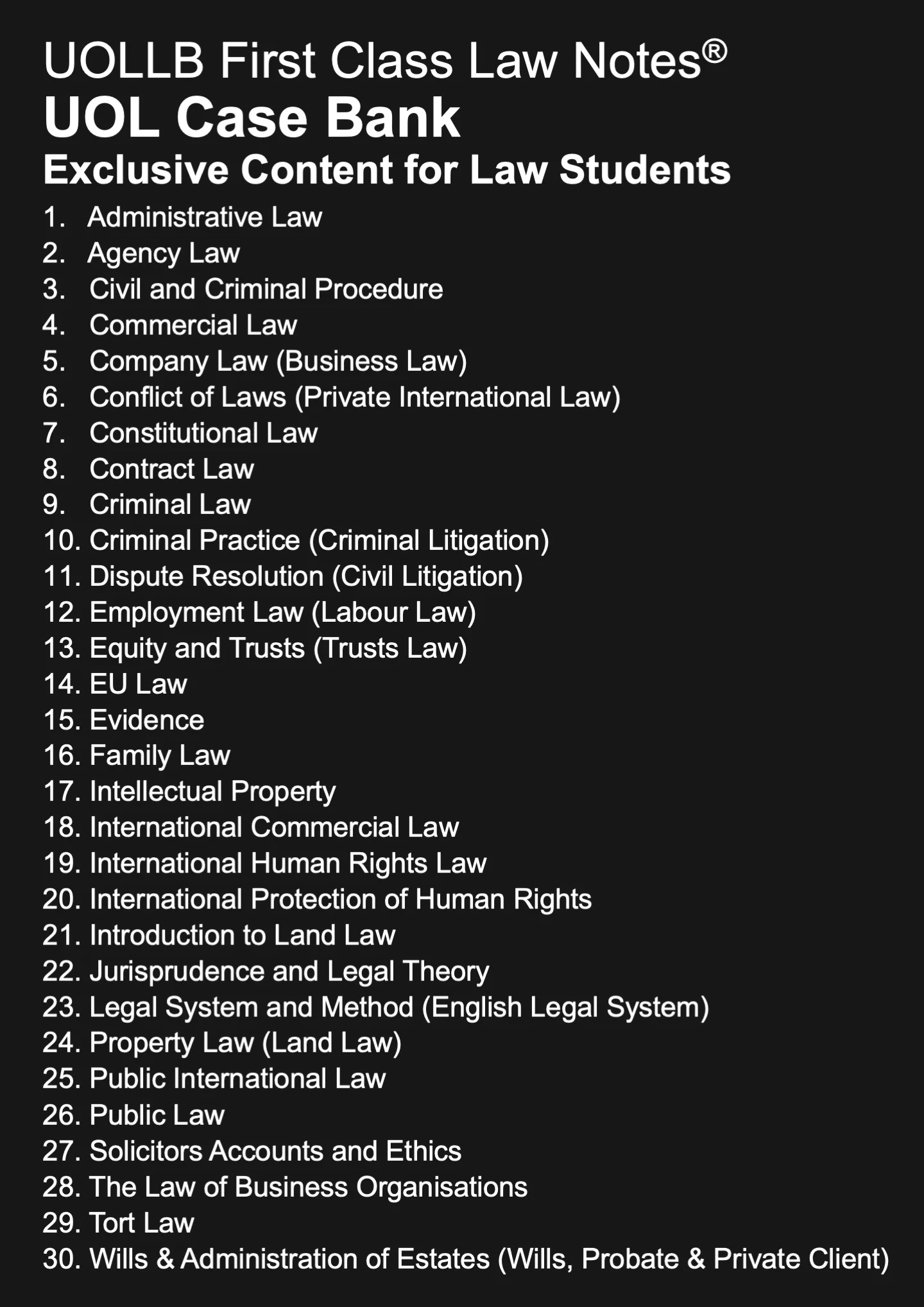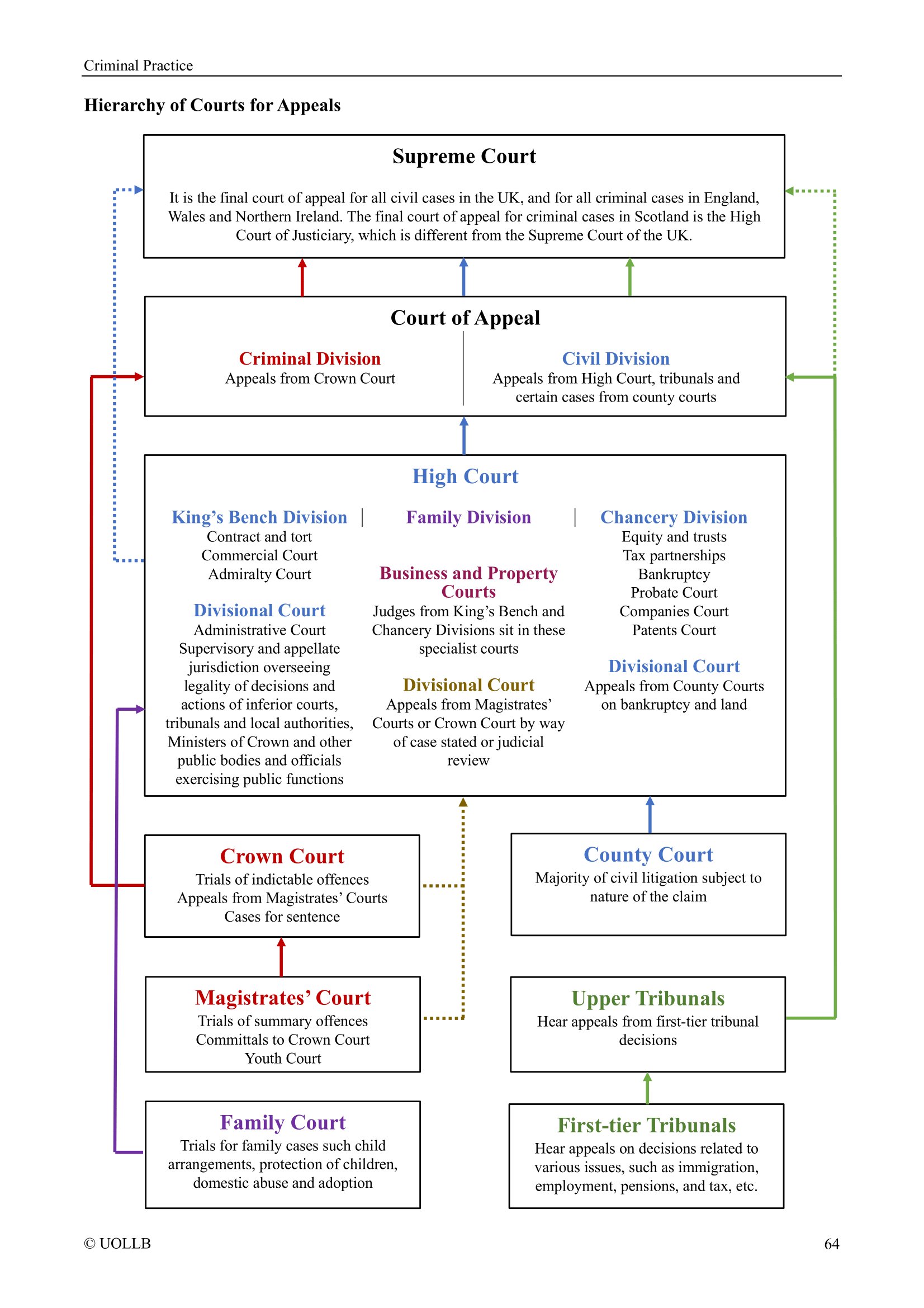Primary Legislation
Share
Primary legislation, also known as statute law, is a term used to describe laws or legal rules that are created by the legislative body of a country or state. This type of legislation is considered the most important and fundamental form of law, as it is the first and most comprehensive source of law.
Primary legislation is typically created by the parliament or congress of a country. In some countries, such as the United Kingdom, primary legislation is created by the Parliament through Acts of Parliament, while in others, such as the United States, it is created by the Congress through federal statutes.
The primary purpose of primary legislation is to establish and codify the laws of a country, state, or jurisdiction. It sets out the legal framework for the country or state and provides the legal basis for the creation of other laws, regulations, and policies.
Primary legislation covers a wide range of legal topics, including criminal law, civil law, constitutional law, administrative law, and tax law. Some examples of primary legislation include the US Constitution, the UK Human Rights Act, and the Canadian Charter of Rights and Freedoms.
Once primary legislation is passed by the legislative body, it becomes the law of the land and must be followed by all citizens and government entities. Any other laws or regulations created by government agencies or other bodies must be consistent with primary legislation.
In short, primary legislation is the most important and fundamental form of law, created by the legislative body of a country or state. It provides the legal framework for the country or state and sets out the legal basis for the creation of other laws, regulations, and policies. It is essential to the functioning of any legal system and ensures that laws are consistent and coherent.
Primary legislation is typically created by the parliament or congress of a country. In some countries, such as the United Kingdom, primary legislation is created by the Parliament through Acts of Parliament, while in others, such as the United States, it is created by the Congress through federal statutes.
The primary purpose of primary legislation is to establish and codify the laws of a country, state, or jurisdiction. It sets out the legal framework for the country or state and provides the legal basis for the creation of other laws, regulations, and policies.
Primary legislation covers a wide range of legal topics, including criminal law, civil law, constitutional law, administrative law, and tax law. Some examples of primary legislation include the US Constitution, the UK Human Rights Act, and the Canadian Charter of Rights and Freedoms.
Once primary legislation is passed by the legislative body, it becomes the law of the land and must be followed by all citizens and government entities. Any other laws or regulations created by government agencies or other bodies must be consistent with primary legislation.
In short, primary legislation is the most important and fundamental form of law, created by the legislative body of a country or state. It provides the legal framework for the country or state and sets out the legal basis for the creation of other laws, regulations, and policies. It is essential to the functioning of any legal system and ensures that laws are consistent and coherent.























































